The Best Companion Plants For Jerusalem Artichokes
The Best Companion Plants for Jerusalem Artichokes
Jerusalem artichokes (Helianthus tuberosus) are a perennial vegetable that is native to North America. They are a member of the sunflower family and produce edible tubers that are similar in taste to water chestnuts. Jerusalem artichokes are a relatively easy crop to grow, but they can benefit from companion planting.
Companion planting is the practice of planting different types of plants together in order to create mutually beneficial relationships. Companion plants can help to improve the growth, health, and productivity of each other. They can also help to deter pests and diseases.
There are a number of different plants that can be good companion plants for Jerusalem artichokes. Some of the best include:
- Beans: Beans are nitrogen-fixing plants, which means that they can help to improve the nitrogen content of the soil. This can benefit Jerusalem artichokes, which are heavy feeders.
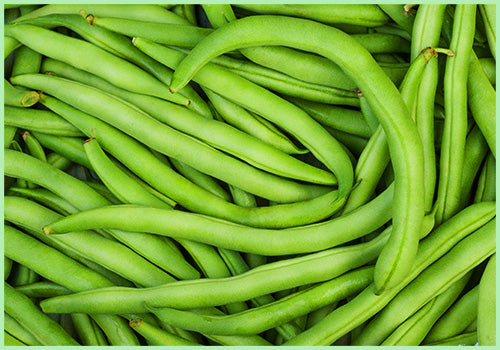
- Cucumbers: Cucumbers can climb up the sturdy stems of Jerusalem artichokes, which can provide them with support. Cucumbers also help to shade the soil around the Jerusalem artichokes, which can help to prevent weeds from growing.
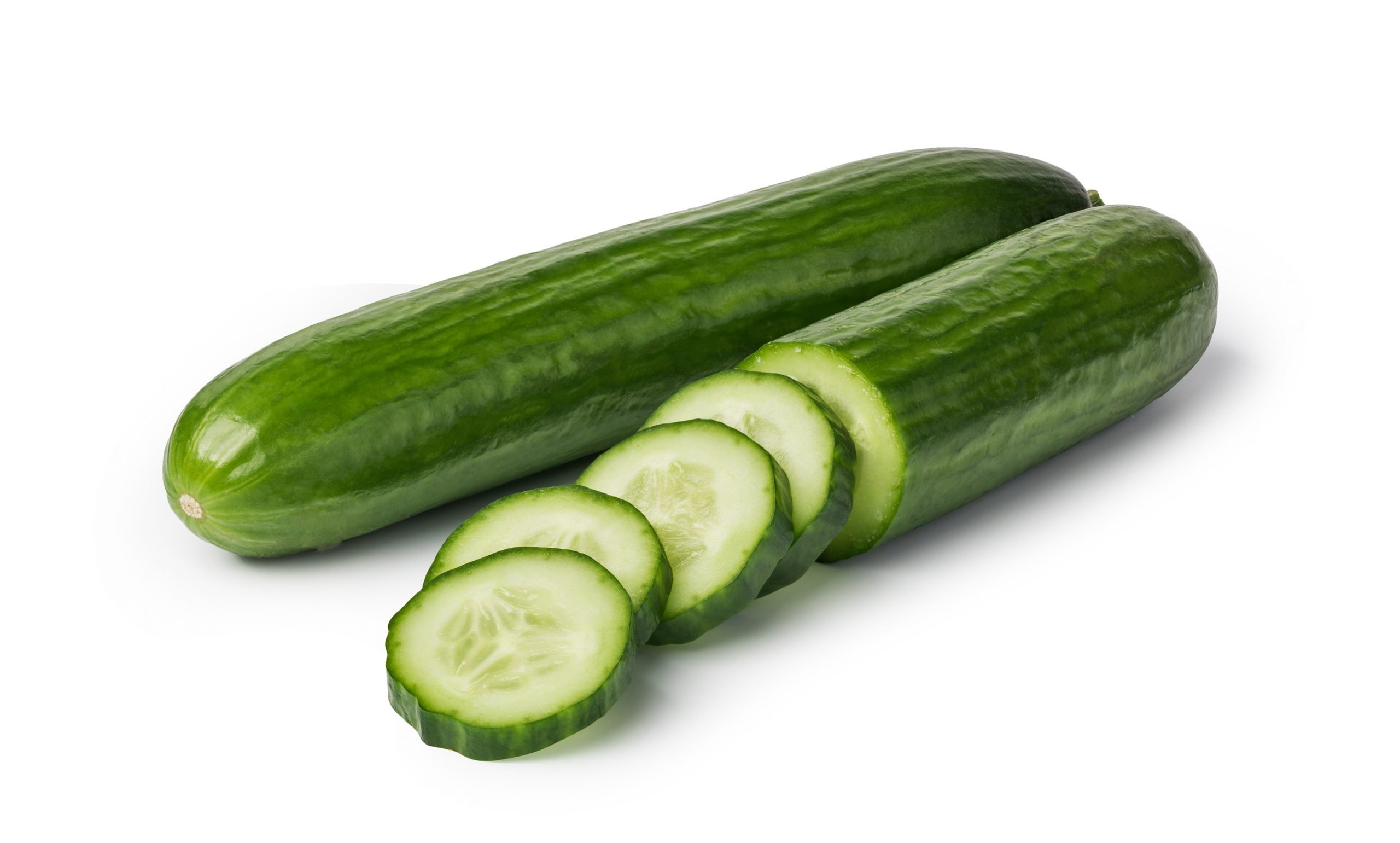
- Rhubarb: Rhubarb is a deep-rooted plant that can help to break up compacted soil. This can benefit Jerusalem artichokes, which have shallow roots. Rhubarb also helps to deter pests such as slugs and snails.
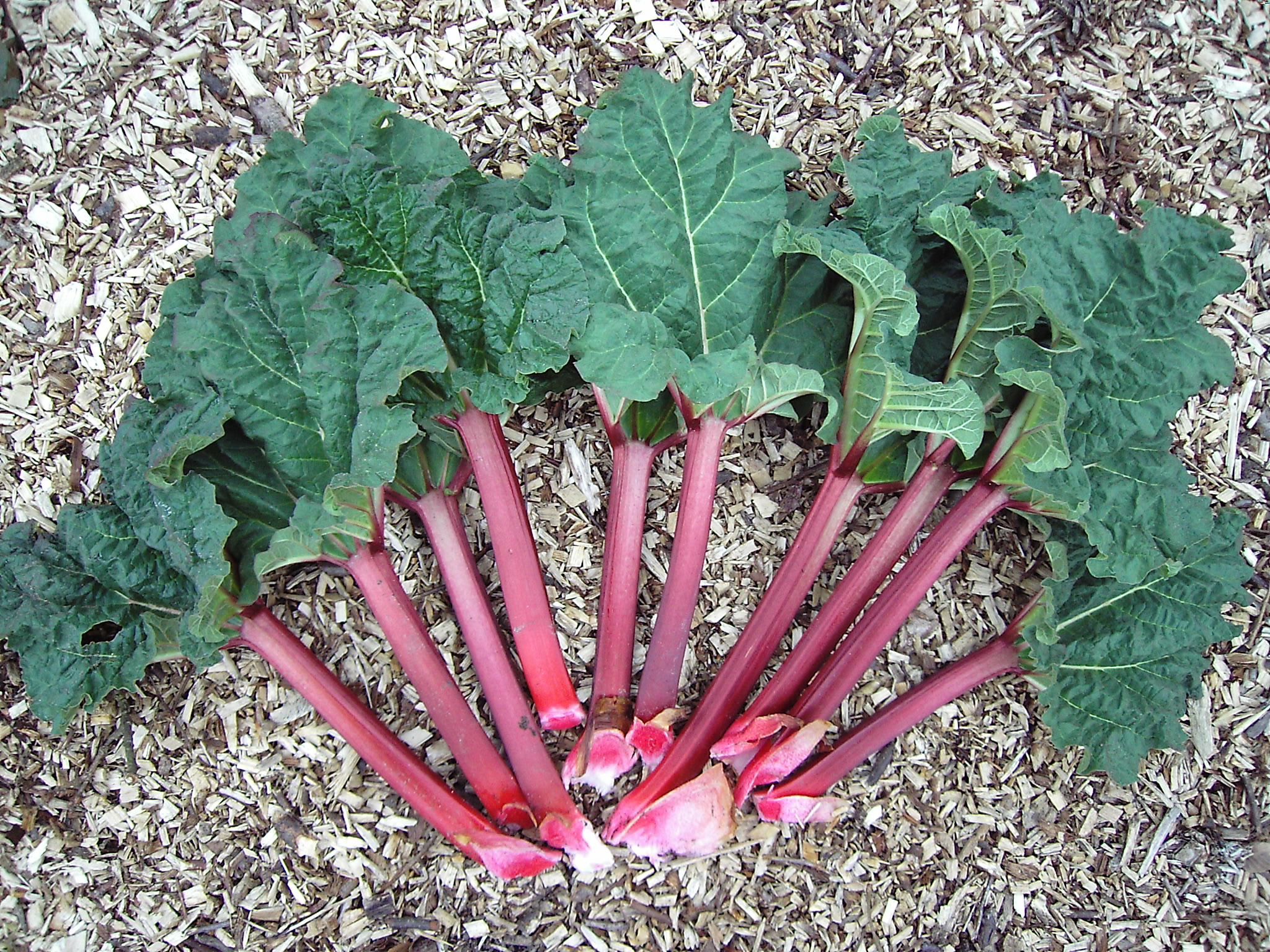
- Sunflowers: Sunflowers are tall plants that can help to provide shade for Jerusalem artichokes. They also attract pollinators, which can help to improve the pollination of Jerusalem artichokes.
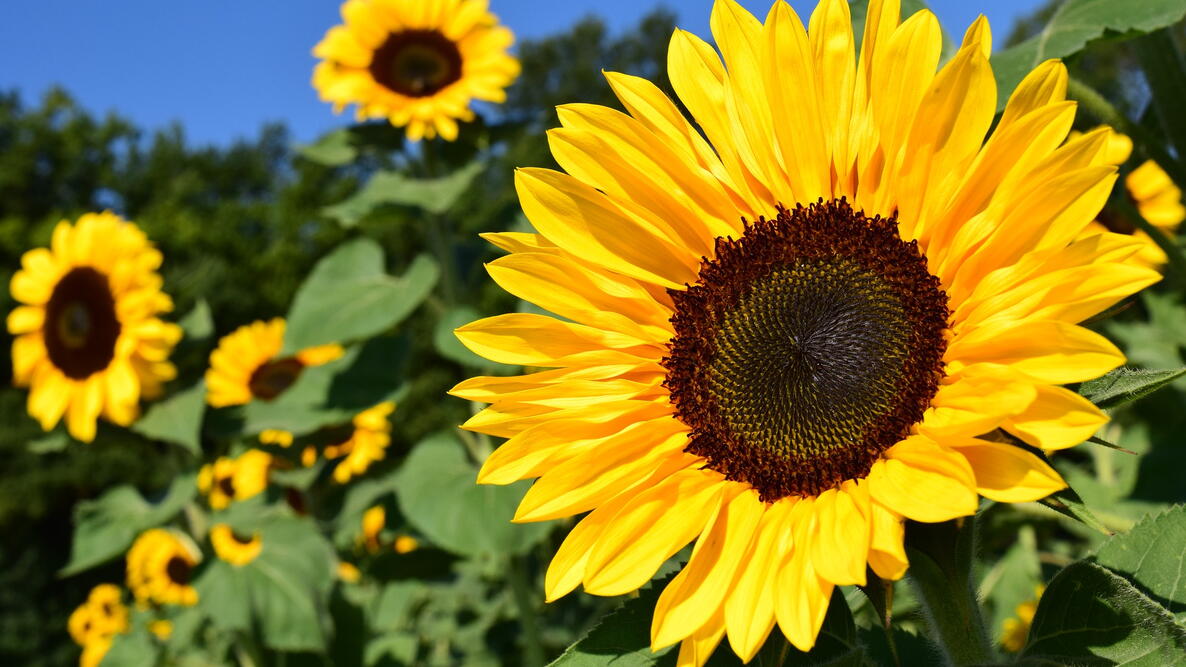
- Herbs: A number of herbs can make good companion plants for Jerusalem artichokes. Some of the best include borage, chamomile, and dill. These herbs help to attract beneficial insects, which can help to control pests. They also help to improve the flavor of Jerusalem artichokes.

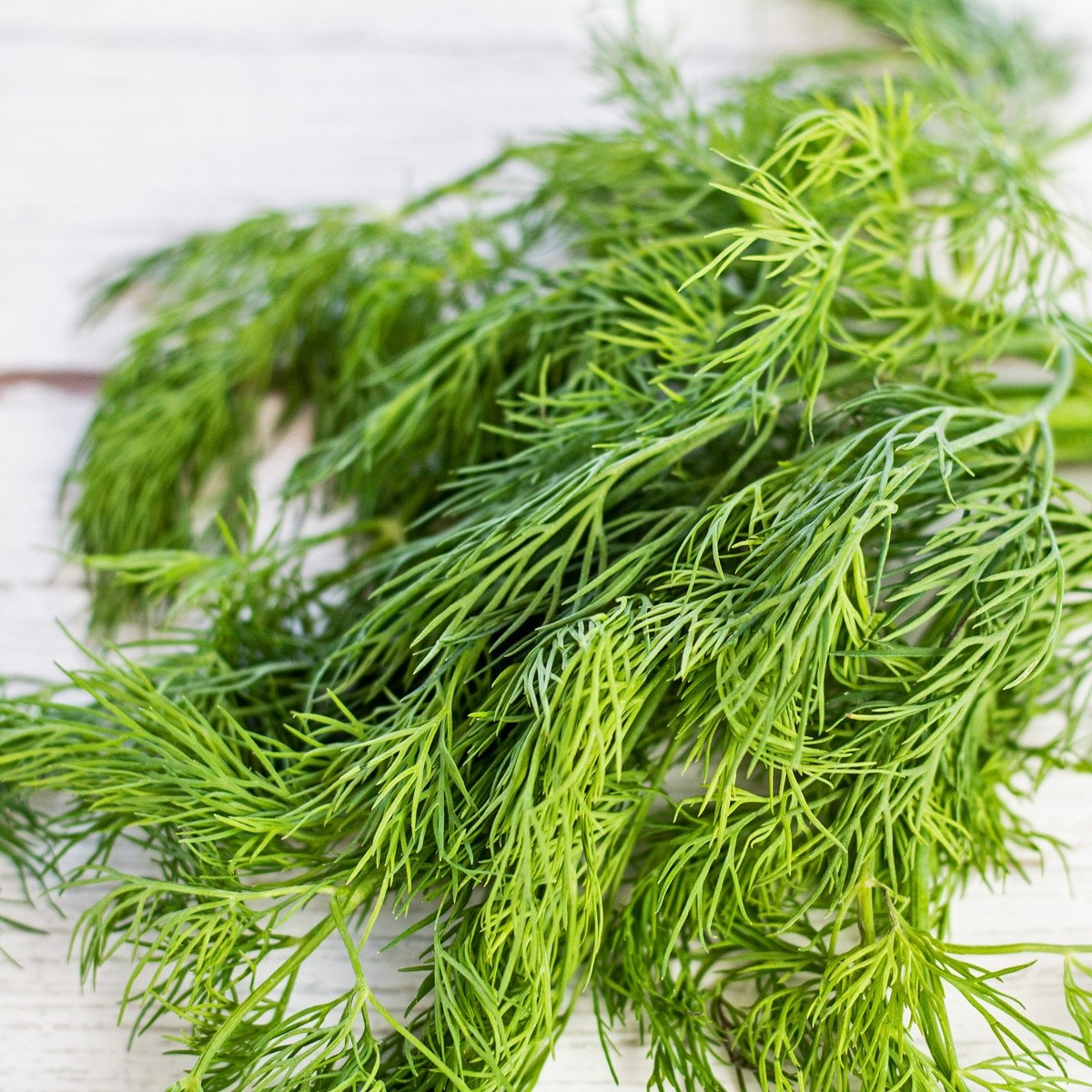
In addition to the plants listed above, there are a number of other plants that can be good companion plants for Jerusalem artichokes. Some of these include asparagus, carrots, corn, lettuce, and tomatoes.
When choosing companion plants for Jerusalem artichokes, it is important to consider the needs of both plants. For example, Jerusalem artichokes need full sun, so you will want to choose companion plants that also need full sun. You should also consider the size of the plants. Jerusalem artichokes can grow quite large, so you will want to choose companion plants that are not too small.
Companion planting is a great way to improve the growth, health, and productivity of your Jerusalem artichokes. By planting them with the right companion plants, you can help to create a more sustainable and productive garden.
Jerusalem artichokes are a versatile and delicious vegetable that can be grown in many different climates. They are also known as sunchokes, and their tubers can be eaten raw, cooked, or roasted.
When growing Jerusalem artichokes, it is important to consider their companion plants. Some good companions for Jerusalem artichokes include:
- Lettuce: Lettuce helps to shade the soil around Jerusalem artichokes, which can help to prevent them from bolting.
- Spinach: Spinach is a nitrogen-fixing plant, which means that it adds nitrogen to the soil. This can benefit Jerusalem artichokes, which are heavy feeders.
- Arugula: Arugula is a fast-growing plant that can help to suppress weeds.
- Pole beans: Pole beans can climb up the sturdy stems of Jerusalem artichokes. This provides them with support, and it also helps to keep the beans off the ground, where they are less susceptible to pests and diseases.
- Rhubarb: Rhubarb is another nitrogen-fixing plant that can benefit Jerusalem artichokes.
For more information about Jerusalem artichoke companion plants, please visit Gardenia Inspiration. This website provides a comprehensive list of companion plants for Jerusalem artichokes, as well as information about the benefits of companion planting.
FAQ of jerusalem artichoke companion plants
Frequently Asked Questions About Jerusalem Artichoke Companion Plants
Jerusalem artichokes (also known as sunchokes) are a hardy perennial that can be grown in most climates. They are relatively easy to care for, but they can benefit from being planted near certain companion plants.
Here are the 5 most frequently asked questions about Jerusalem artichoke companion plants, along with valuable insights and solutions:
1. What are good companion plants for Jerusalem artichokes?
Some good companion plants for Jerusalem artichokes include:
- Cucumbers: Cucumbers and Jerusalem artichokes can help each other to thrive. The cucumbers will help to shade the Jerusalem artichokes' roots, which can help to prevent them from rotting. The Jerusalem artichokes, in turn, will help to improve the soil's drainage, which can benefit the cucumbers.

- Onions: Onions and Jerusalem artichokes can also help each other to thrive. The onions will help to repel pests that can damage Jerusalem artichokes, such as beetles and slugs. The Jerusalem artichokes, in turn, will help to improve the soil's nitrogen content, which can benefit the onions.

- Beans: Beans and Jerusalem artichokes can also be good companions. The beans will help to fix nitrogen in the soil, which can benefit the Jerusalem artichokes. The Jerusalem artichokes, in turn, will help to shade the beans' roots, which can help to prevent them from overheating.

- Spinach: Spinach and Jerusalem artichokes can also be good companions. The spinach will help to suppress weeds, which can help to keep the Jerusalem artichokes healthy. The Jerusalem artichokes, in turn, will help to improve the soil's drainage, which can benefit the spinach.
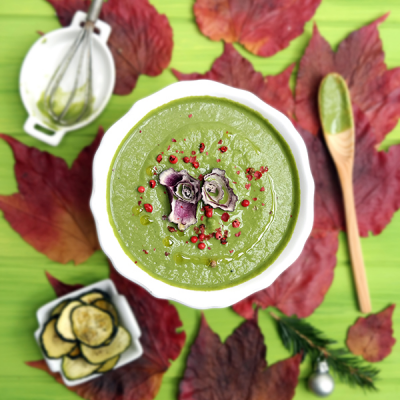
- Marigolds: Marigolds are not technically a companion plant for Jerusalem artichokes, but they can be helpful in deterring pests. Marigolds have a strong scent that can repel pests such as beetles, nematodes, and rabbits.
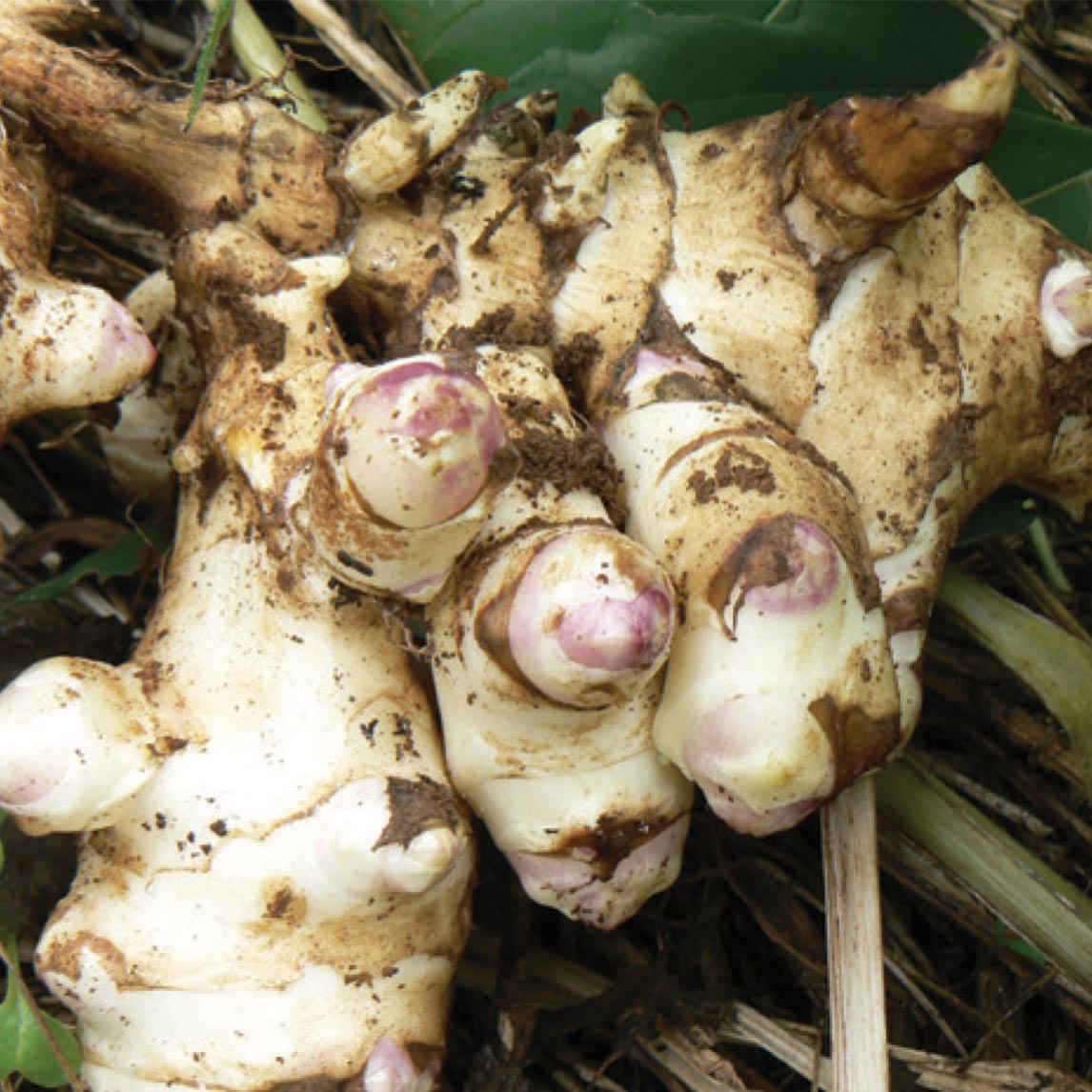
2. What are bad companion plants for Jerusalem artichokes?
Some bad companion plants for Jerusalem artichokes include:
- Tomatoes: Tomatoes and Jerusalem artichokes should not be planted near each other. Tomatoes can attract pests that can also damage Jerusalem artichokes, such as nematodes and whiteflies.
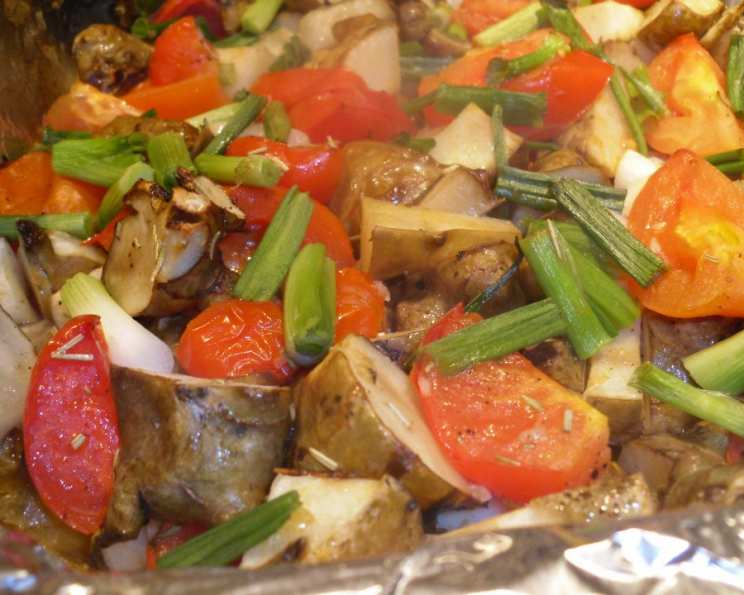
- Peas: Peas and Jerusalem artichokes should not be planted near each other. Peas can compete with Jerusalem artichokes for nutrients.

- Cabbage: Cabbage and Jerusalem artichokes should not be planted near each other. Cabbage can attract pests that can also damage Jerusalem artichokes, such as cabbage loopers and cabbage root maggots.

- Potatoes: Potatoes and Jerusalem artichokes should not be planted near each other. Potatoes and Jerusalem artichokes are both members of the sunflower family, and they can cross-pollinate. This can result in potatoes that have a poor taste and Jerusalem artichokes that are not as productive.

3. How far apart should Jerusalem artichokes be planted?
Jerusalem artichokes should be planted about 18 inches apart. This will give them enough space to grow and spread.
4. How deep should Jerusalem artichokes be planted?
Jerusalem artichokes should be planted about 4 inches deep. This will help to prevent them from rotting.
5. When should Jerusalem artichokes be harvested?
Jerusalem artichokes can be harvested from late summer to early fall. The best time to harvest them is when the stalks start to die back.
Image of jerusalem artichoke companion plants
- Nasturtium: Nasturtium is a flowering plant that is known for its edible leaves and flowers. It is a good companion plant for Jerusalem artichokes because it helps to deter pests and diseases.

- Chives: Chives are a member of the onion family and are known for their edible leaves and flowers. They are a good companion plant for Jerusalem artichokes because they help to improve the soil quality.
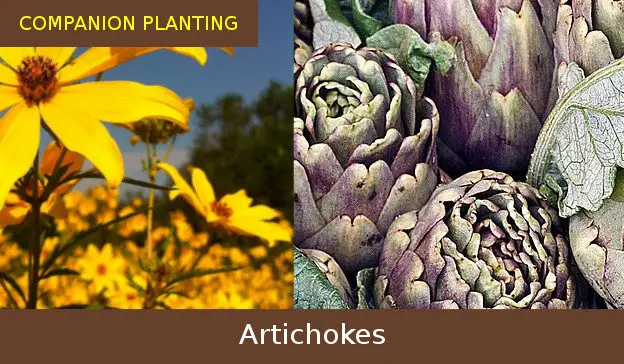
- Cucumbers: Cucumbers are a good companion plant for Jerusalem artichokes because they help to shade the soil, which can help to prevent the Jerusalem artichokes from getting too hot.

- Sunflowers: Sunflowers are a tall plant that can help to provide shade for Jerusalem artichokes. They are also a good source of pollen and nectar for pollinators, which can help to improve the yield of Jerusalem artichokes.

- Peas: Peas are a nitrogen-fixing plant, which means that they can help to improve the nitrogen content of the soil. This can benefit Jerusalem artichokes, which are heavy feeders.

Post a Comment for "The Best Companion Plants For Jerusalem Artichokes"